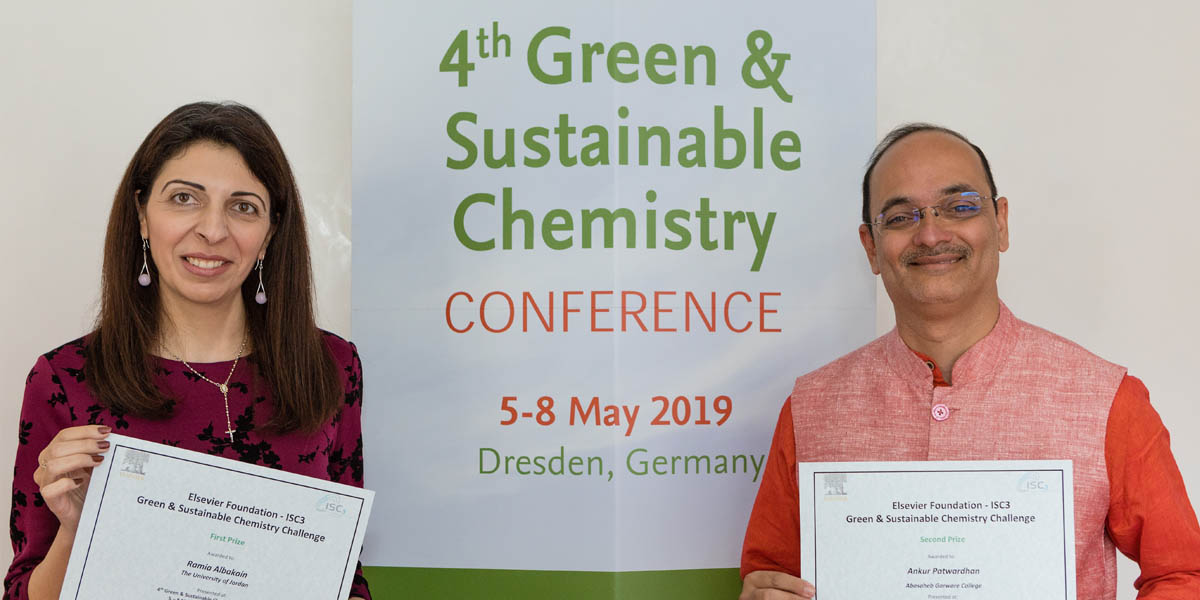Nanomaterials Applications for Environmental Matrices - Chapter 4 - Microbe Decontamination of Water
Nanomaterials Applications for Environmental Matrices, 2019, Pages 151-185
This collection of articles focusses on SDG 14 (life below water). Every coastal State, including several members of G20, face threats to marine ecosystems and the environment as complex societal, economic and governance challenges. Ocean management involves multi-disciplinary science and complex issues of policy design, while implementation demands consultative decision making and long term capacity development.
Partner content
United Nations Global Compact, June 2019

